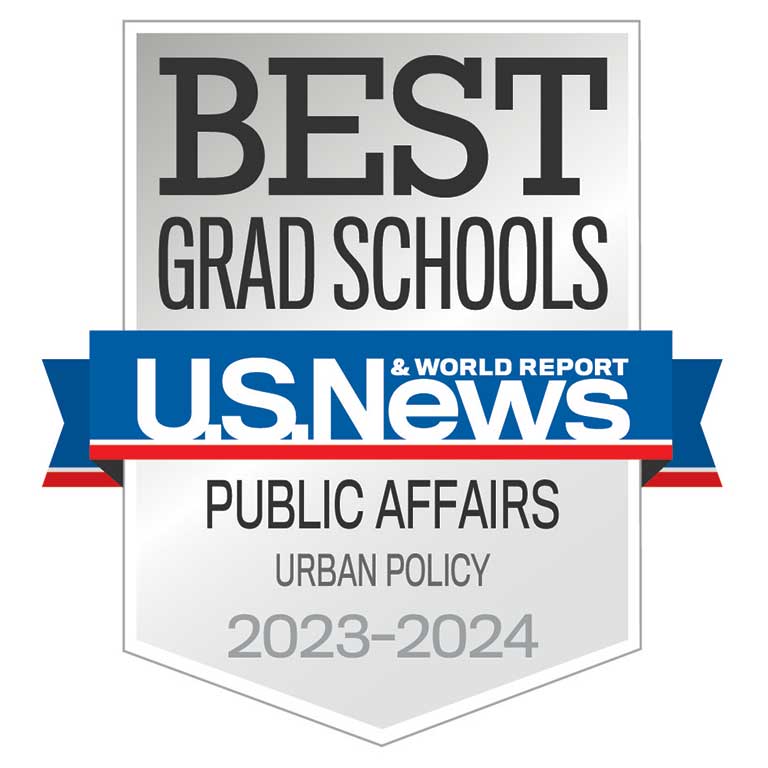The Urban and Regional Governance concentration prepares students with the ideas and technical skills needed to address the challenges and opportunities found in urban areas.
The Urban and Regional Governance concentration leverages the expertise of O’Neill’s faculty, the urban location of the university, and the social, demographic, and economic trends that are attracting greater numbers of students to study, live, and work in metropolitan areas.



